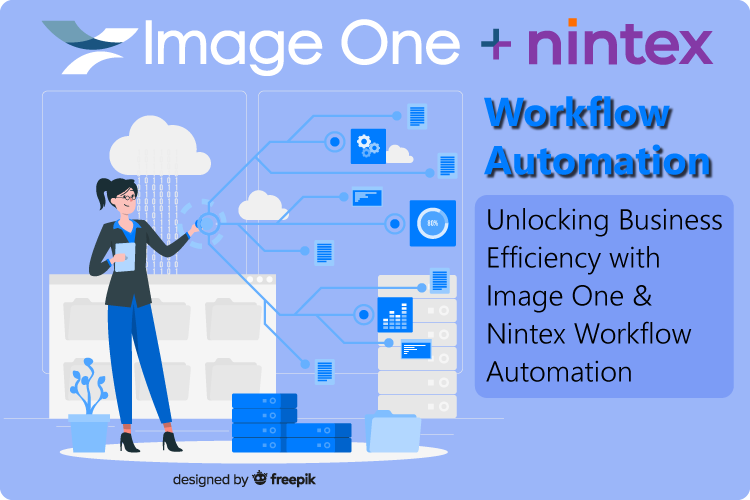A paperless future needs content management systems
Wednesday, April 29, 2015In 2015, environmental issues are frequently discussed in the media and consumers are increasingly interested in limiting the size of their environmental footprint. The same can be said for businesses. Additionally, we live in a time that is defined by remarkable technological achievement. Looking back at history, the pace of technological innovation after the industrial revolution was quite slow. Alternatively, today, technology is evolving at an expedited rate. These reasons make the case for going paperless quite strong.
Content management systems replace outdated file cabinets
Office workers no longer want to maintain clunky file cabinets and push stacks of documents across their desks. Instead, everything can be computerized and cataloged. Going paperless is also economical. Content management systems help organizations reduce overheads, since they will not be have to purchase certain paper supplies, or spend hours trying to locate and sort information. Technology makes it possible for companies to easily handle their document needs through electronic and efficient means. Accounting Today discussed how content management systems allow companies to manage actual documents as well as those created by various applications. As a result, tax returns, emails, digitized faxes and paper correspondence is easily stored and accessed.
The best contingency plan is an electronic solution
One of the reasons that file cabinets were made of metal was in case of fire. Businesses feared that a fire could quickly destroy all their records and reduce them to ash. With digital solutions, that fear is no longer warranted – especially after the introduction of cloud computing. Even if devices were damaged at a company, cloud storage ensures that everything can be easily restored.
Accounting Today explained that the advantages of content management systems are many. Even an entry-level system will improve recordkeeping practices and allow companies to store, track and retrieve all types of documents, regardless of content or origin. Backing up these extensive data libraries on the cloud will offer the best protection possible against potential loss of information.
A paperless future is still a few years away
Physics.org pointed out that despite many advances in technology, a paperless world is still not here. One reason is that many companies still use old systems and processes that need paper. A large percentage of those companies may not have the funds to invest in new systems. Another reason why the world has not gone paperless is because companies that do have digital systems in place may not have those systems unified and streamlined across departments and subsidiaries. As a result, workers are required to print or "extract" data from one system in order to bring it to another. Angele Boyd, an analyst with technology research firm IDC, explained that many companies find themselves using more paper because they do not know how to fully integrate new systems.
"Somebody once said the paperless office is as likely as the paperless bathroom," said Boyd, according to the news source. "As much as people think they're getting rid of paper and putting things in place to get rid of paper, somehow it keeps growing … I think people kind of assumed that print would fall off a cliff, like analog cameras, but right now, we're not seeing it."
Despite the failure of some, companies looking to go paperless should not be discouraged. There is no reason why a business can not rely on technology to reduce paper use. As with all things, some smart planning may be involved. Making sure content management systems are inline with company workflows would be the first step.
Brought to you by Image One Corporation providing complete information governance since 1994.




